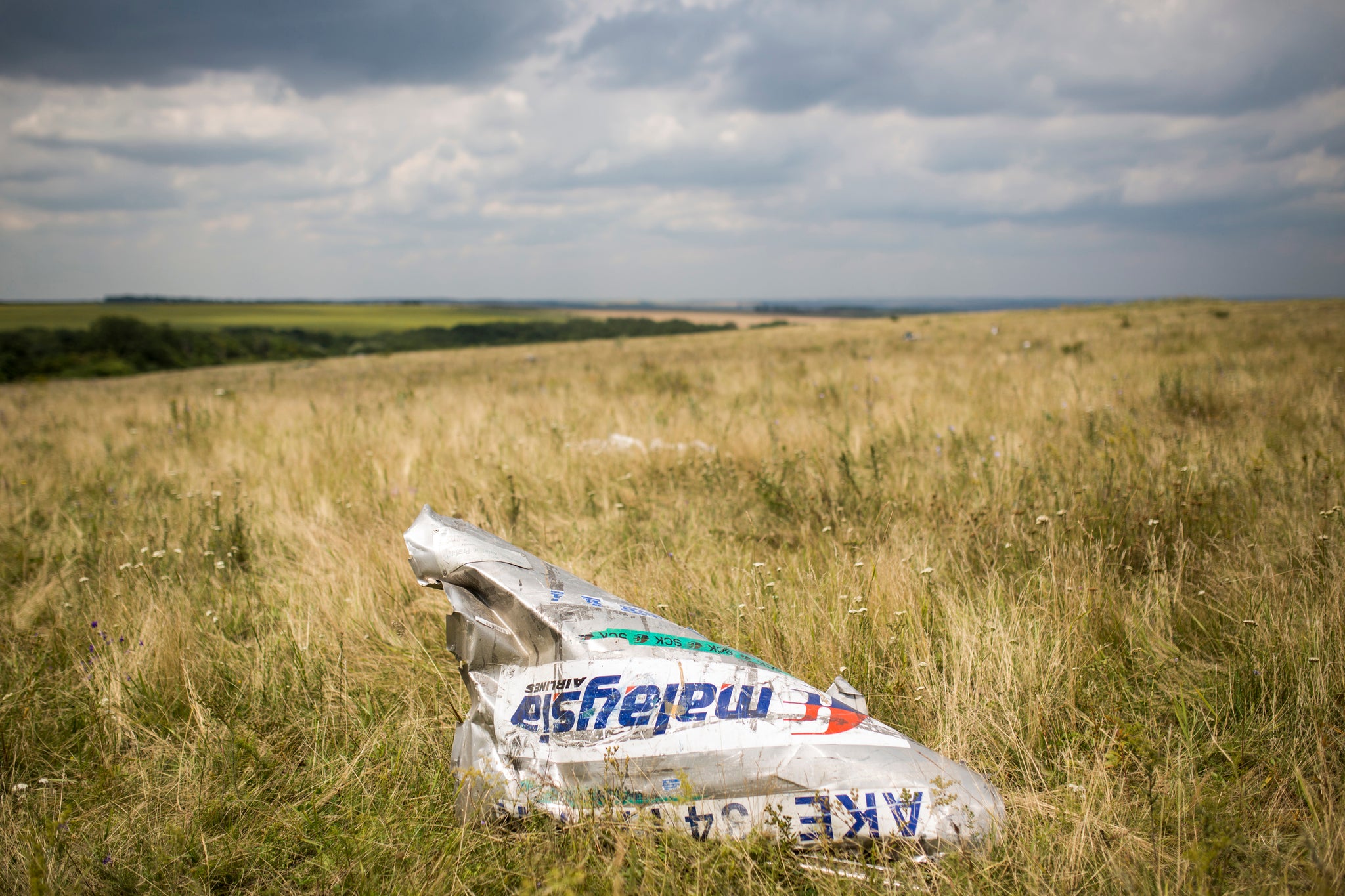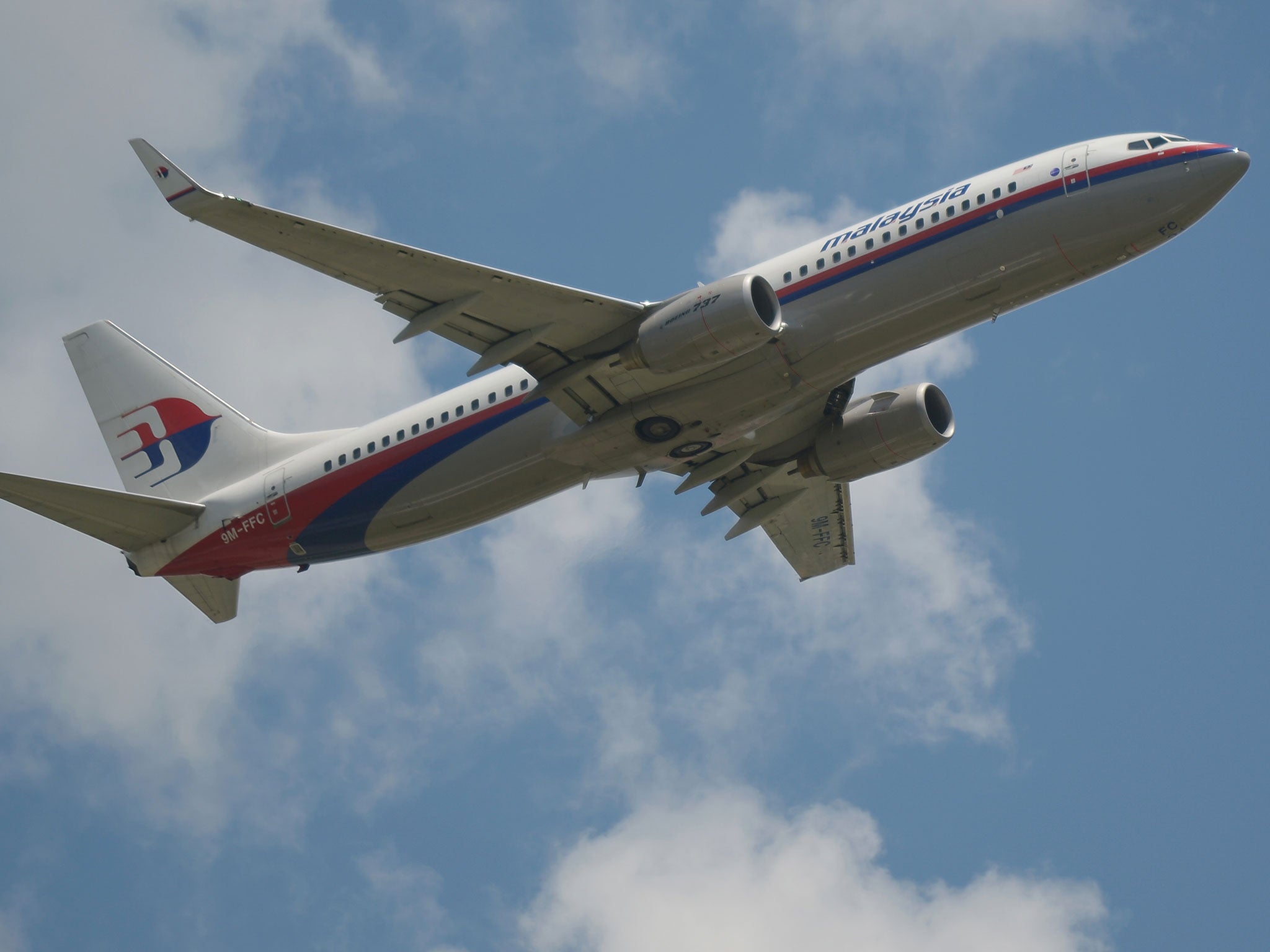Your support helps us to tell the story
From reproductive rights to climate change to Big Tech, The Independent is on the ground when the story is developing. Whether it's investigating the financials of Elon Musk's pro-Trump PAC or producing our latest documentary, 'The A Word', which shines a light on the American women fighting for reproductive rights, we know how important it is to parse out the facts from the messaging.
At such a critical moment in US history, we need reporters on the ground. Your donation allows us to keep sending journalists to speak to both sides of the story.
The Independent is trusted by Americans across the entire political spectrum. And unlike many other quality news outlets, we choose not to lock Americans out of our reporting and analysis with paywalls. We believe quality journalism should be available to everyone, paid for by those who can afford it.
Your support makes all the difference.Malaysia's state investment company said Friday it plans to make Malaysia Airlines fully government owned, removing it from the country's stock exchange before carrying out an overhaul of the carrier that is reeling from double disasters.
Khazanah Nasional, which owns 69 per cent of Malaysia Airlines, said it has proposed to the carrier's board that it buy out minority shareholders at 27 sen (8 cents) a share, which is 29 per cent higher than the airline's average share price over the previous three months. The takeover would cost 1.38 billion ringgit ($429 million).
Malaysia Airlines has been hit by two major disasters this year, which added to its longstanding financial woes.
In March, Flight 370 from Kuala Lumpur to Beijing disappeared with 239 people on board after flying far of course. The plane has still not been found, with a search in the southern Indian Ocean underway. In July, 298 people were killed when Flight 17 was shot down over Ukraine. It was heading to Kuala Lumpur from Amsterdam and was shot out of the sky over an area of eastern Ukraine controlled by pro-Russian separatists.
Khazanah said the state takeover will represent the first stage of a "complete overhaul" of the loss-making airline, and that detailed plans will be announced by the end of this month.

"The proposed restructuring will critically require all parties to work closely together," it said in a statement. "Nothing less will be required in order to revive our national airline to be profitable as a commercial entity and to serve its function as a critical national development entity."
Before the disasters, the carrier's financial performance was among the worst in the industry, putting a question mark over its future even before its brand was tied to two almost unfathomable tragedies. It has lost money for the past three years and been through several episodes of restructuring, instigated by Khazanah, over the past decade.
As a state-owned flag carrier, Malaysia Airlines is required to fly unprofitable domestic routes, and its strong union has resisted operational changes. Nimbler discount rivals such as Air Asia have expanded rapidly, while Malaysia Airlines has been like a supertanker, slow to change direction.
Shukor Yusof, founder of aviation research firm Endau Analytics, said another restructuring won't yield positive results if fundamental problems aren't addressed.
"I'm sceptical of the success of it because I'm not sure it will address the root problems of the airline," he said.
Its biggest problems are $4 billion of debt accumulated since 2002, unprofitable routes and bloated staff numbers, Shukor said.
Some analysts say the airline wouldn't survive a year without a substantial cash injection from the Malaysian government. Crisis management experts have said Malaysia Airlines must take dramatic steps, such as replacing its top executives and changing its name, to win back customers.
Khazanah's offer to minority shareholders gives them more than what their shares were worth before each of the passenger jet disasters. Even so, the airline's share price has been in a long-term decline due to its losses.
The day before Flight 370 vanished, the airline's share price was 25 sen. It was 23 sen the day before Flight 17 was downed.
Khazanah said its plan requires approvals from regulators and Malaysia's finance minister.
AP

Join our commenting forum
Join thought-provoking conversations, follow other Independent readers and see their replies
Comments